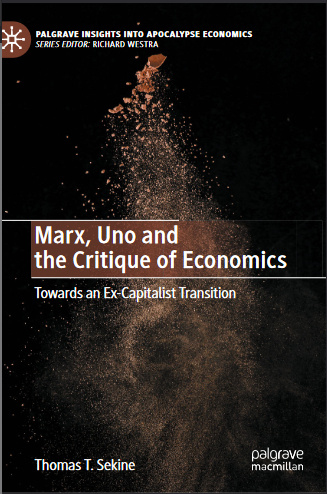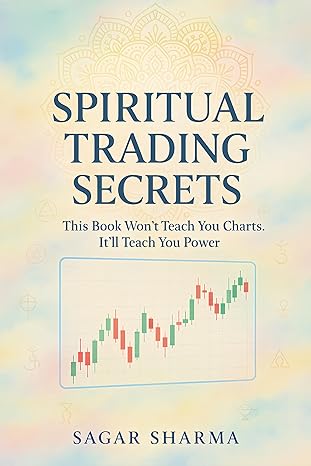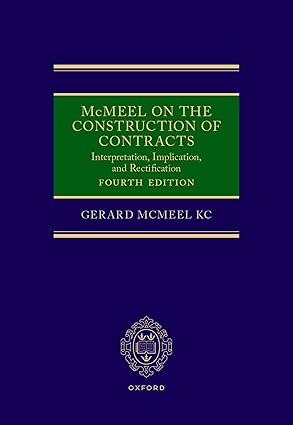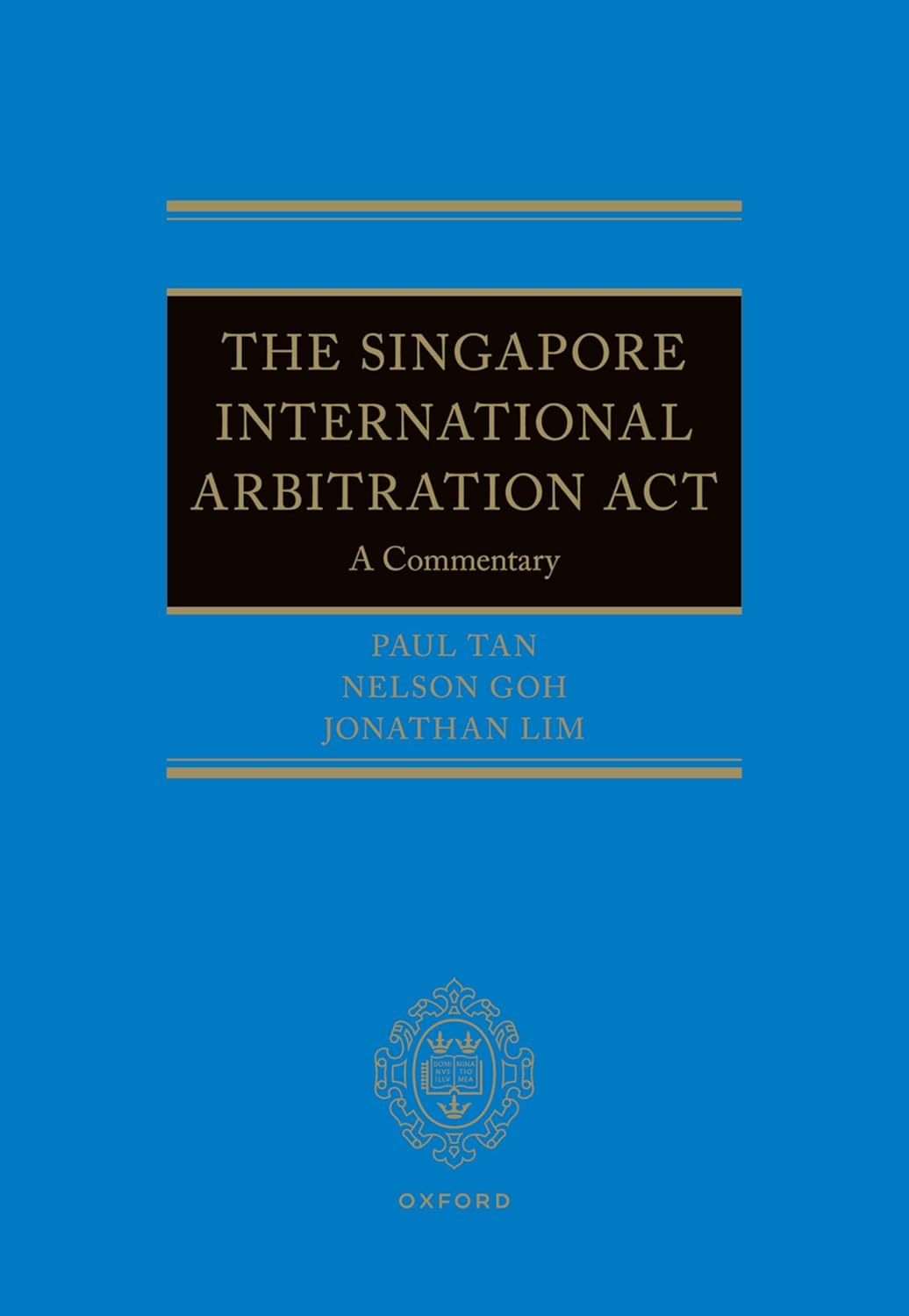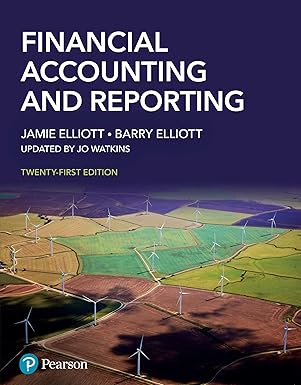Précis Box 3 Today, the prevailing view is that “bourgeois” economics has attained paradigmatic legitimacy by being “naturalized”, i.e., by pretending to have become an “objective science”, however imperfect, in the same sense as a natural science is believed to be. That is quite different from what I have been claiming here so far, namely that Marxian economics (and more precisely its Unoist variation) represents an objective knowledge of capitalism (or the “capitalist mode of production”, more precisely) as the base (or “substructure”) of modern society, which is a historical society . It is, therefore, quite important to clarify and to stress the point here again that objectivity in the natural sciences is quite different from that in social science, such as economics. If, indeed, one tries carelessly to import the idea of objectivity in the natural sciences into the social-scientific discipline of economics, one is bound to be caught in a “contradiction” even in the formal-logical sense. For, that would mean to assert, in effect, that capitalism is as immutable as nature is. In that case, capitalism could not possibly be a historical society, society that comes into being at one point in history and departs from it at another. I have tried to show, however, that to regard capitalism as immutable as “nature” is would amount to © The Author(s), under exclusive license to Springer Nature Switzerland AG 2023 T. T. Sekine, Marx, Uno and the Critique of Economics, Palgrave Insights into Apocalypse Economics, https://doi.org/10.1007/978-3-031-22630-4_3 39 40 T. T. SEKINE (or would be equivalent to) believing that it is God’s design, and that, with that sort of presupposition, economics is bound to degenerate into a religious dogma, and cannot remain a science in pursuit of any objec- tive knowledge pertaining to ourselves and our deeds as human beings. Only the most reactionary brand of the bourgeois-modern school of economics, which glorifies capitalism as an end in itself, can uphold such a monstrously unreasonable idea without any scruple. 3a) Given your view that economics is essentially the study of capitalism, which is a historically limited society, what sort of “objective knowledge” does or can it claim? We must, first of all, ask ourselves what type of knowledge we can and may expect from economics. From what I have been arguing so far, it should be clear that economics was born with capitalism, and that the latter, for its part, arose when the key use-values that society demanded on a large scale as either necessary or as most desirable could be far more easily producible as commodities than otherwise . In other words, capi- talism evolved as if to follow a natural course of events , when the real economic life of society was historically ready and willing to follow (or be subsumed under) the mercantile principles of capital. When capitalism was still in its early stage of development, the role assigned to economics (then called “political economy”) was to explain the advantages of oper- ating (or managing) society’s real economic life in accordance with the mercantile (or commodity economic) logic of capital, rather than other- wise (that is to say, by simply obeying some authoritative commands or by following traditional customs, for example), and, moreover, that thought increasingly motivated and persuaded classical political economy. It was, of course, very much in the interest of the then ascendant class of the bourgeoisie to promote capitalism, in opposition to the existing hier- archy and vested interests surrounding the absolute monarchy, known at that time as the ancien régime. Under the circumstances, the best strategy for the bourgeoisie (and for the economics that it promoted) was not to clearly distinguish the real from the mercantile side of the economy and to pretend that what was good for one was also good for
چکیده فارسی
کادر دقیق 3 امروزه، دیدگاه غالب این است که اقتصاد «بورژوایی» با «طبیعی شدن» به مشروعیت پارادایمیک دست یافته است، یعنی با تظاهر به تبدیل شدن به یک «علم عینی»، هرچند ناقص، به همان مفهوم طبیعی. اعتقاد بر این است که علم وجود دارد. این کاملاً متفاوت از آن چیزی است که من تا کنون در اینجا ادعا کرده ام، یعنی اینکه اقتصاد مارکسیستی (و به طور دقیق تر تنوع یونیستی آن) معرفت عینی از سرمایه داری (یا به طور دقیق تر «شیوه تولید سرمایه داری») را به عنوان پایه (یا) نشان می دهد. "زیر ساختار") جامعه مدرن که یک جامعه تاریخی است. از این رو، روشن کردن و تأکید مجدد بر این نکته بسیار مهم است که عینیت در علوم طبیعی با علوم اجتماعی، مانند اقتصاد، کاملاً متفاوت است. در واقع، اگر کسی بخواهد ایده عینیت در علوم طبیعی را با بی دقتی وارد رشته علمی-اجتماعی اقتصاد کند، حتماً در یک «تضاد» حتی به معنای صوری-منطقی آن گرفتار خواهد شد. زیرا، این بدان معناست که در واقع ادعا کنیم که سرمایه داری به اندازه طبیعت تغییر ناپذیر است. در آن صورت، سرمایه داری احتمالاً نمی تواند یک جامعه تاریخی باشد، جامعه ای که در مقطعی از تاریخ به وجود می آید و در مقطعی دیگر از آن جدا می شود. با این حال، سعی کردهام نشان دهم که تلقی سرمایهداری بهعنوان «طبیعت» تغییرناپذیر است، به این معناست که Palgrave Insights into Apocalypse Economics، https://doi.org/10.1007/978-3-031-22630-4_3 39 40 T. T. SEKINE (یا معادل آن است) با این باور که این طرح خداست، و با آن نوع پیش فرض، اقتصاد ناگزیر به انحطاط به یک دگم دینی است و نمی تواند علمی در تعقیب هرگونه دانش عینی مربوط به خود و اعمال ما به عنوان انسان باقی بماند. تنها ارتجاعیترین برند مکتب اقتصادی بورژوازی-مدرن، که سرمایهداری را بهعنوان یک هدف فینفسه تجلیل میکند، میتواند چنین ایدهای هیولاآمیز غیرمنطقی را بدون هیچ ظلمی حفظ کند. 3 الف) با توجه به دیدگاه شما که اقتصاد اساساً مطالعه سرمایه داری است، که جامعه ای از نظر تاریخی محدود است، چه نوع «دانش عینی» را انجام می دهد یا می تواند ادعا کند؟ قبل از هر چیز باید از خود بپرسیم که چه نوع دانشی را می توانیم و ممکن است از اقتصاد انتظار داشته باشیم. با توجه به آنچه تاکنون بحث کردهام، باید روشن باشد که اقتصاد با سرمایهداری متولد شد، و سرمایهداری به نوبه خود، زمانی پدید آمد که ارزشهای مصرف کلیدی که جامعه در مقیاس بزرگ آن را به عنوان ضروری یا مطلوبترین مطالبه میکرد، پدید آمد. می تواند به مراتب آسان تر از موارد دیگر به عنوان کالا قابل تولید باشد. به عبارت دیگر، سرمایهداری بهگونهای تکامل یافت که گویی مسیر طبیعی وقایع را دنبال میکند، زمانی که زندگی اقتصادی واقعی جامعه از نظر تاریخی آماده و مایل به پیروی (یا در ذیل) اصول تجاری سرمایه بود. زمانی که سرمایه داری هنوز در مراحل اولیه توسعه خود بود، نقشی که به اقتصاد اختصاص داده شد (که در آن زمان «اقتصاد سیاسی» نامیده می شد) این بود که مزایای عملکرد (یا مدیریت) زندگی اقتصادی واقعی جامعه را مطابق با اقتصاد تجاری (یا کالایی) توضیح دهد. منطق سرمایه، به جای غیر آن (مثلاً با اطاعت از برخی دستورات معتبر یا پیروی از آداب و رسوم سنتی)، و علاوه بر این، آن اندیشه به طور فزایندهای انگیزه و ترغیب اقتصاد سیاسی کلاسیک را برانگیخت. البته به نفع طبقه بورژوازی پیشرو در آن زمان بود که سرمایه داری را در تقابل با سلسله مراتب موجود و منافع اختصاصی پیرامون سلطنت مطلقه که در آن زمان به عنوان رژیم قدیم شناخته می شد، تقویت کند. در این شرایط، بهترین استراتژی برای بورژوازی (و برای اقتصادی که آن را ترویج می کرد) این بود که به وضوح جنبه واقعی را از جنبه تجاری اقتصاد تشخیص ندهد و وانمود کند که آنچه برای کسی خوب است برای آن هم خوب است
ادامه ...
بستن ...
Thomas T. Sekine
Suginami-ku, Tokyo, Japan
ISSN 2523-8108 ISSN 2523-8116 (electronic)
Palgrave Insights into Apocalypse Economics
ISBN 978-3-031-22629-8 ISBN 978-3-031-22630-4 (eBook)
https://doi.org/10.1007/978-3-031-22630-4
© The Editor(s) (if applicable) and The Author(s), under exclusive license to Springer
Nature Switzerland AG 2023
This work is subject to copyright. All rights are solely and exclusively licensed by the
Publisher, whether the whole or part of the material is concerned, specifically the rights
of translation, reprinting, reuse of illustrations, recitation, broadcasting, reproduction on
microfilms or in any other physical way, and transmission or information storage and
retrieval, electronic adaptation, computer software, or by similar or dissimilar methodology
now known or hereafter developed.
The use of general descriptive names, registered names, trademarks, service marks, etc.
in this publication does not imply, even in the absence of a specific statement, that such
names are exempt from the relevant protective laws and regulations and therefore free for
general use.
The publisher, the authors, and the editors are safe to assume that the advice and informa-
tion in this book are believed to be true and accurate at the date of publication. Neither
the publisher nor the authors or the editors give a warranty, expressed or implied, with
respect to the material contained herein or for any errors or omissions that may have been
made. The publisher remains neutral with regard to jurisdictional claims in published maps
and institutional affiliations.
This Palgrave Macmillan imprint is published by the registered company Springer Nature
Switzerland AG
The registered company address is: Gewerbestrasse 11, 6330 Cham, Switzerland
ادامه ...
بستن ...
